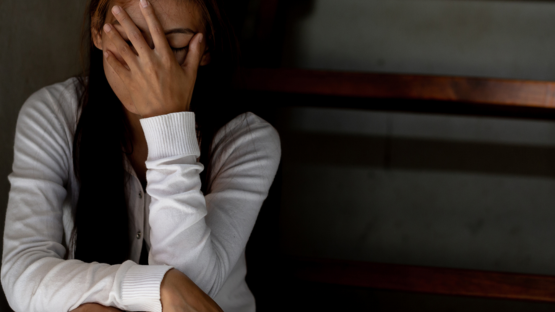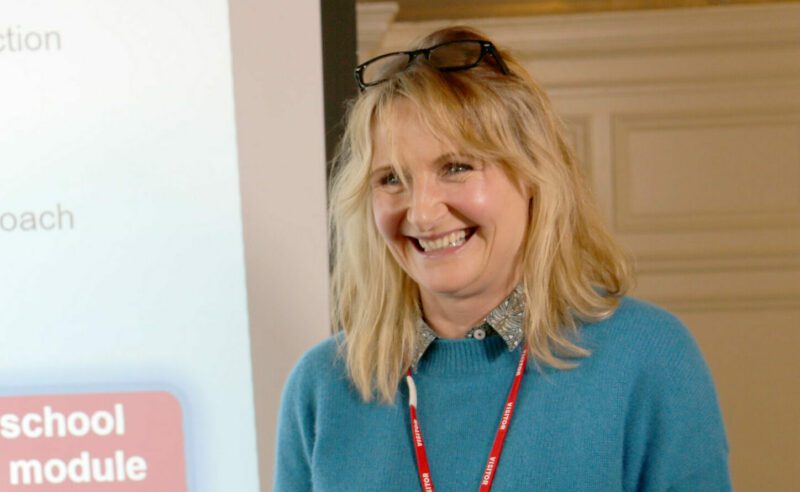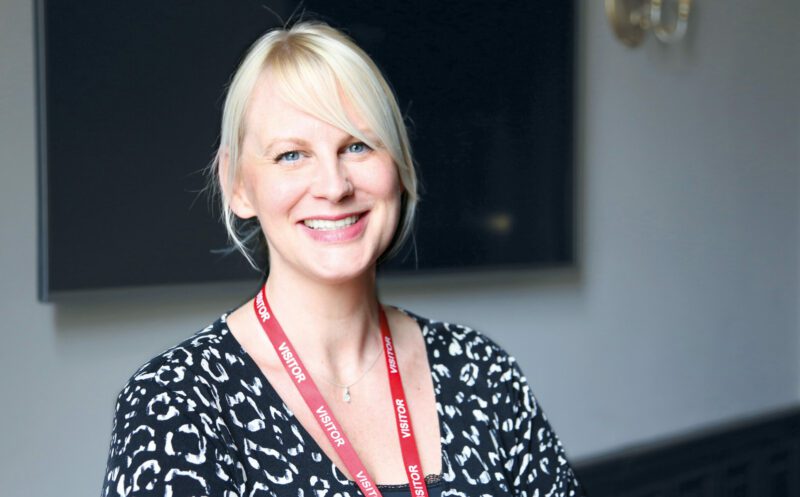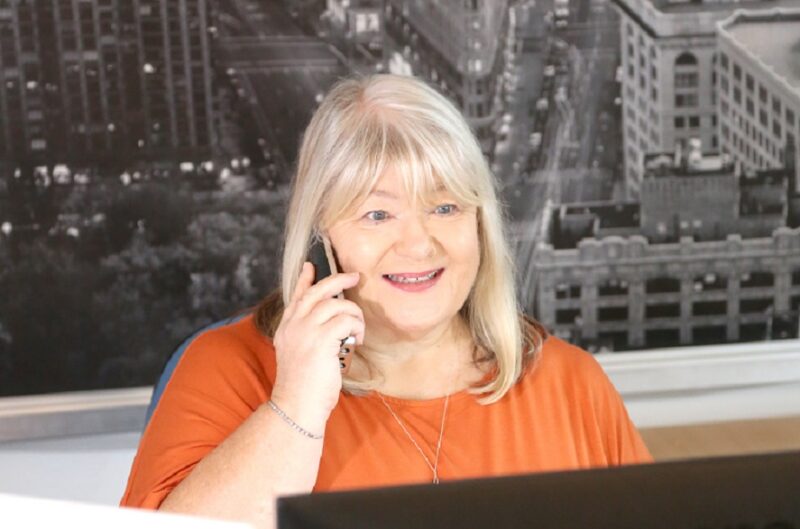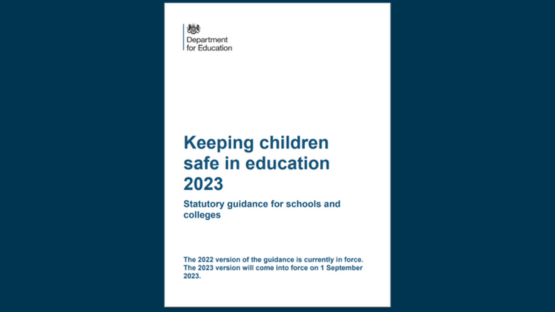
Summary of changes: Keeping Children Safe in Education 2023
The DfE has released their draft version of KCSiE 2023 – download a copy HERE.
The guidance is for information only, and you should continue to refer to the 2022 version until 1st September 2023.
Increased expectations and responsibilities around the school filtering and monitoring IT systems
- The DSL should take lead responsibility for the above.
- Staff Safeguarding and Child Protection training should include an understanding of the above.
- Reiteration that schools should follow the recently published DfE publication of Filtering and monitoring standards and guidance.
- Governing bodies/proprietors strategic training should include an understanding of the above and should review the above standards with IT staff and service providers.
- Schools should consider meeting the Cyber security standards.
- The Safeguarding and Child Protection Policy should reflect the individual schools’ approach to the above on school devices and networks.
Children who are absent from education
-
- Where a child has an EHCP the local authority will need to review the plan whilst working closely with parents.
Elective Home Education (EHE)
-
- ‘Children missing from education’ replaced with ‘Children who are absent from education’.
- Updated guidance on school attendance, and children being absent from education for prolonged periods and/or on repeat occasions see Working together to improve school attendance.
- Updated information on how schools should work with local authority children’s services where school absence indicates safeguarding concerns.
Safer Recruitment
-
- Schools should inform shortlisted candidates that online searches may be done as part of due diligence checks.
- Copies of documents used to verify the successful candidate’s identity, right to work and required qualifications should be kept on their personnel file.
Use of school premises for non-school activities
- Clarity around safeguarding arrangements that schools should expect providers [hirers] to have in place see Keeping children safe in out of school settings.
- Schools may receive an allegation relating to an incident that happened when an individual or organisation was using their school premises for the purposes of running activities for children (for example community groups, sports associations or service providers that run extra-curricular activities). As with any safeguarding allegation, schools should follow their safeguarding policies and procedures, including informing the LADO.
Equality Act
Confirmation that provisions within the Equality Act allow schools to take positive action, where it can be shown that it is proportionate, to deal with particular disadvantages affecting pupils or students with certain protected characteristics in order to meet their specific need. A school could, for example, consider taking positive action to support girls if there was evidence they were being disproportionately subjected to sexual violence or sexual harassment. There is also a duty to make reasonable adjustments for disabled children and young people.
Changes in terminology
- Updated throughout to include ‘pupils or students’.
- Reference to teachers can ‘discipline’ have been replaced with teachers can ‘sanction’.
- Replaced children may be ‘vulnerable’ with children may be ‘susceptible’.
- Forced marriage to child marriage, highlighting the changes in law February 2023.
Links to useful updated resources
- Download draft KCSiE 2023
- Filtering and monitoring standards
- Cyber security standards
- Working together to improve school attendance
- Keeping children safe in out of school settings.
Please contact us if you’d like to talk to us about how we can support you with your Safeguarding needs.
Call 01274 752299 or email admin@safeguardingsupport.com.


